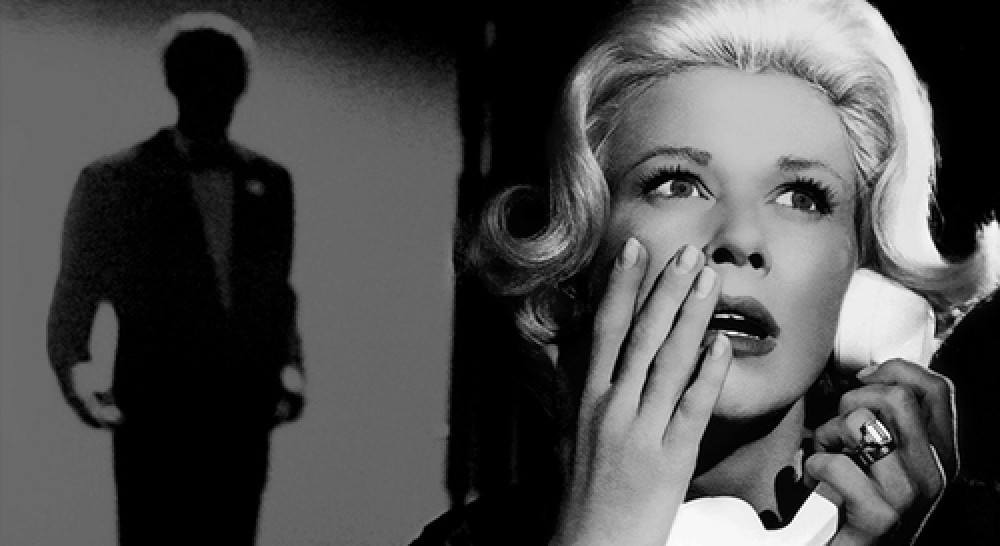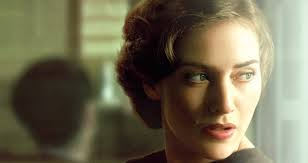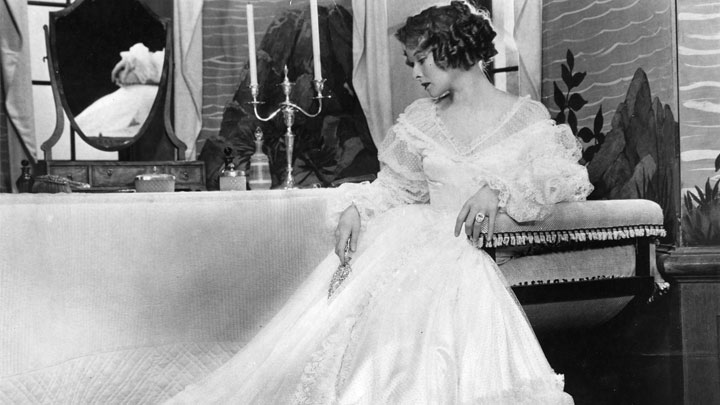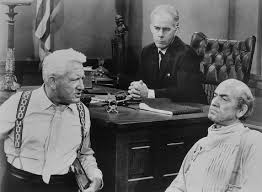We are very pleased to welcome Kathleen Loock to Kent. Kathleen has very kindly provided the following contextual information about her work which she will speak to us about in more detail on the 1st of April, 2-4 pm, in Keynes Seminar Room 4:
Sound Memories: “Talker Remakes,” Paratexts, and Cinematic (Self-)Historicization
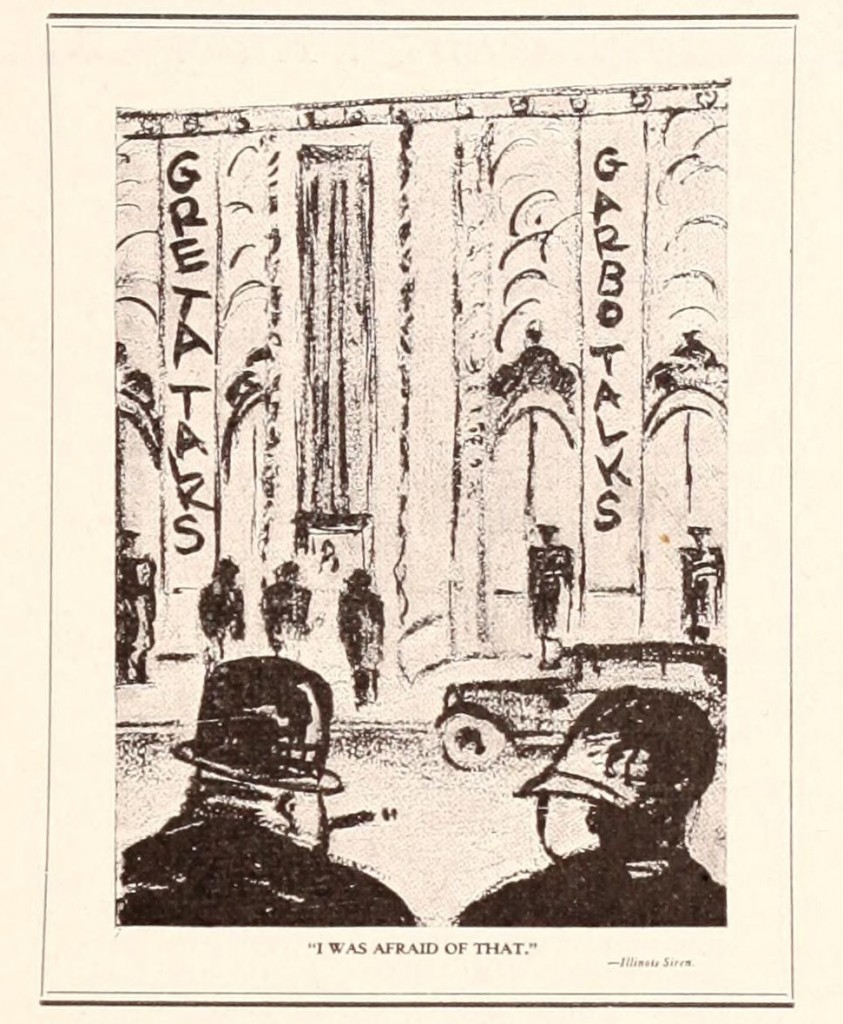
(The above is from Motion Picture News, 19th of July, 1930, p. 41).
During the transition to sound and throughout the 1930s, Hollywood remade a great number of former silent hits as talkies. Remaking was an established practice by that time, but since the coming of sound, cinema attendance had decisively increased with between 80 and 90 million Americans going to see double features every week in theaters that remained open all year long. Until the early 1940s, studios produced from 400 to 800 films each year, and recycling old properties was both a way to meet the public demand for talkies when it was difficult to find fresh stories, and to encourage return visits to the cinemas with tried and proven material. Hollywood movies had a “short shelf-life” at the time. They were essentially ephemeral commodities—quickly outdated and forgotten unless they were remade. In this sense, “talker remakes” replaced predecessors from the days of silent cinema with updated sound versions, yet in doing so they also preserved popular narratives for future media generations. In fact, they constructed these media generations and prompted them to recognize themselves as such in the ways their versions differed from earlier renditions of the same story. “Talker remakes” and the various paratexts that surrounded them evoked the memory of silent films as something of the past and framed the transition to sound as a narrative of technological progress. Thus, they made the historic development of cinema as a technological medium visible, and ultimately helped to construct and communicate a cinematic past and archive.
For more information on Kathleen’s work visit her staff page at Freie Universitat Berlin: http://www.jfki.fu-berlin.de/en/faculty/culture/persons/team/Loock/
